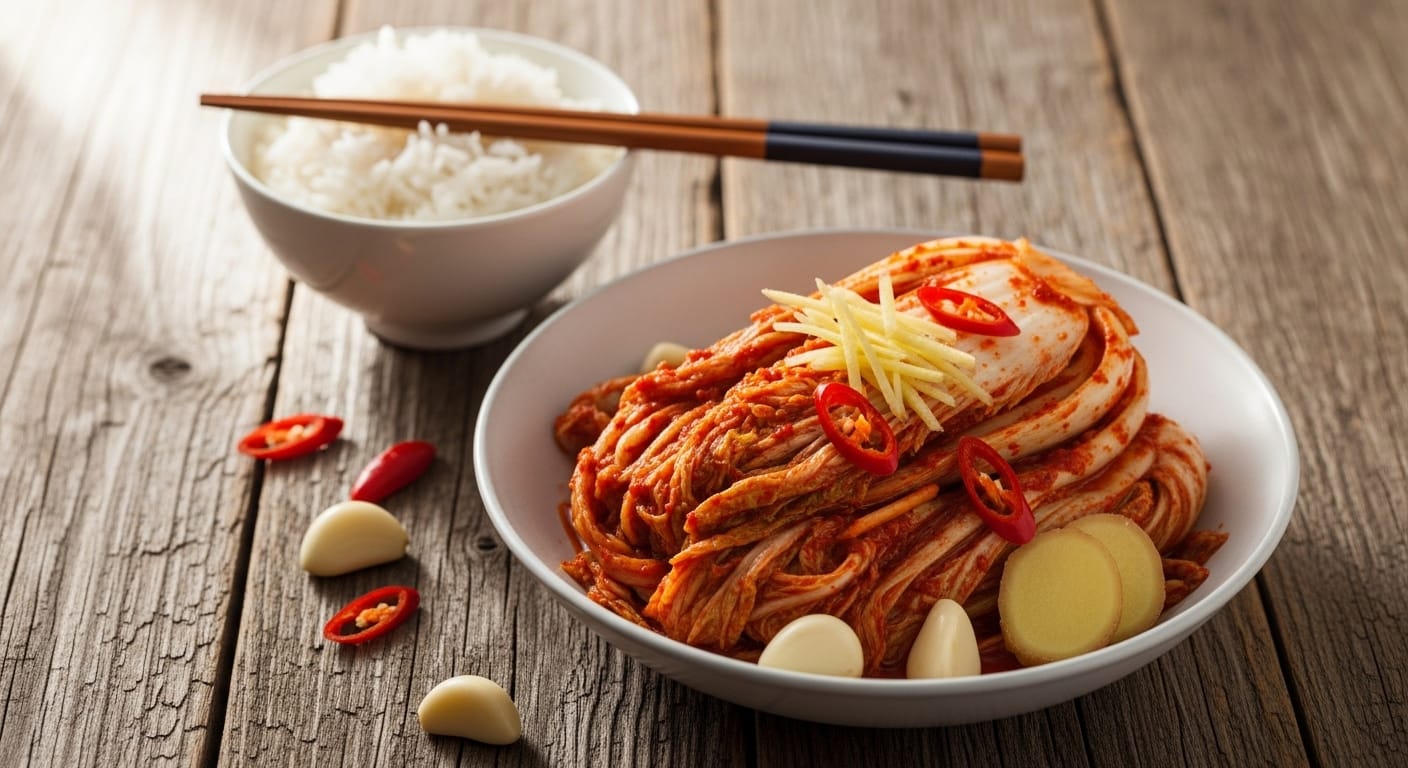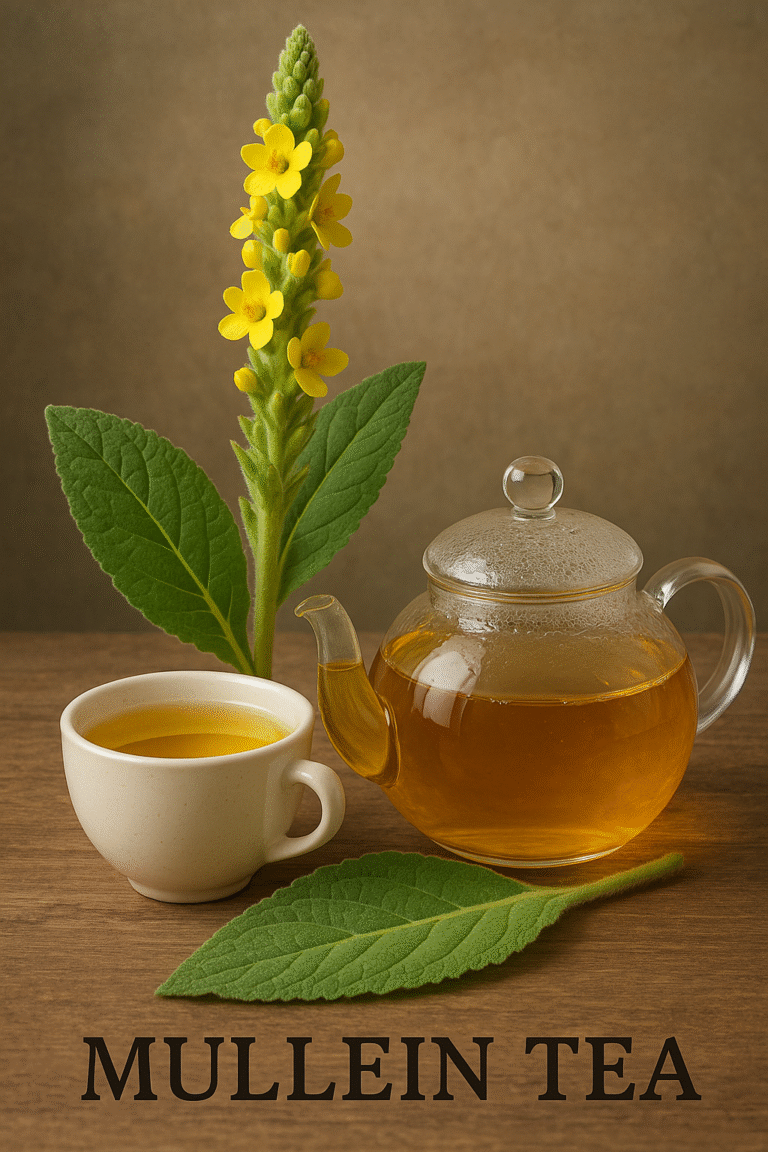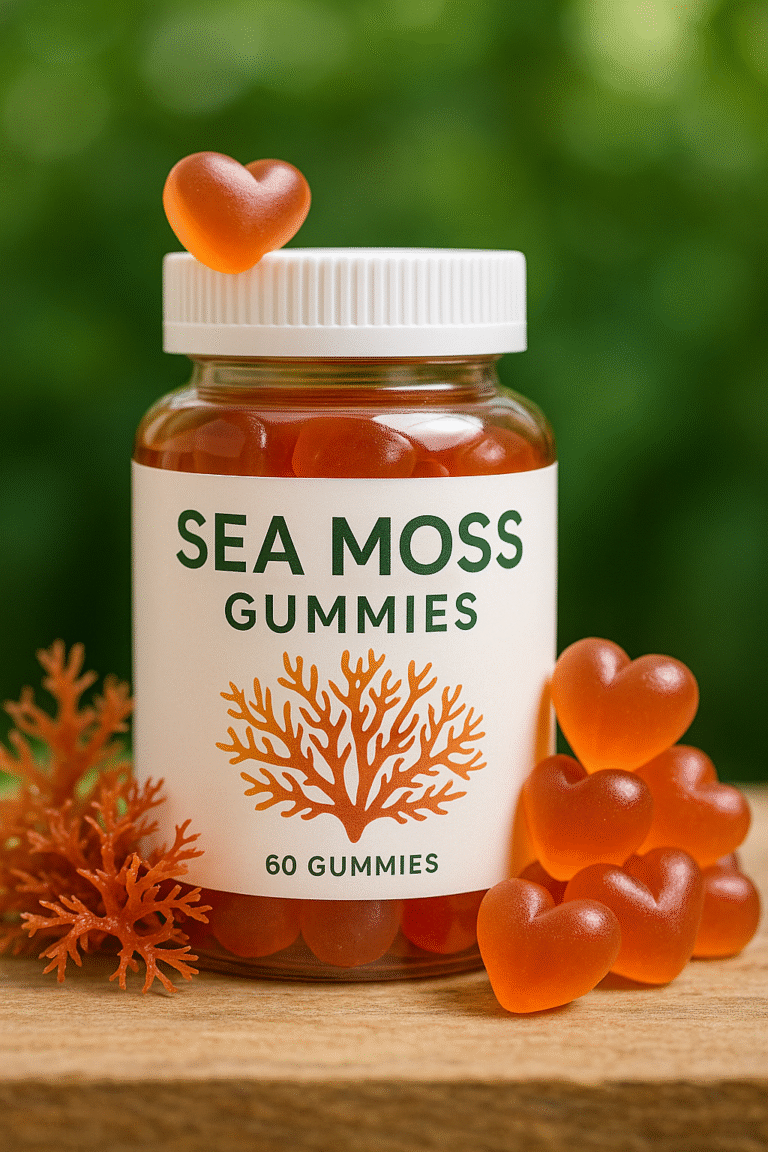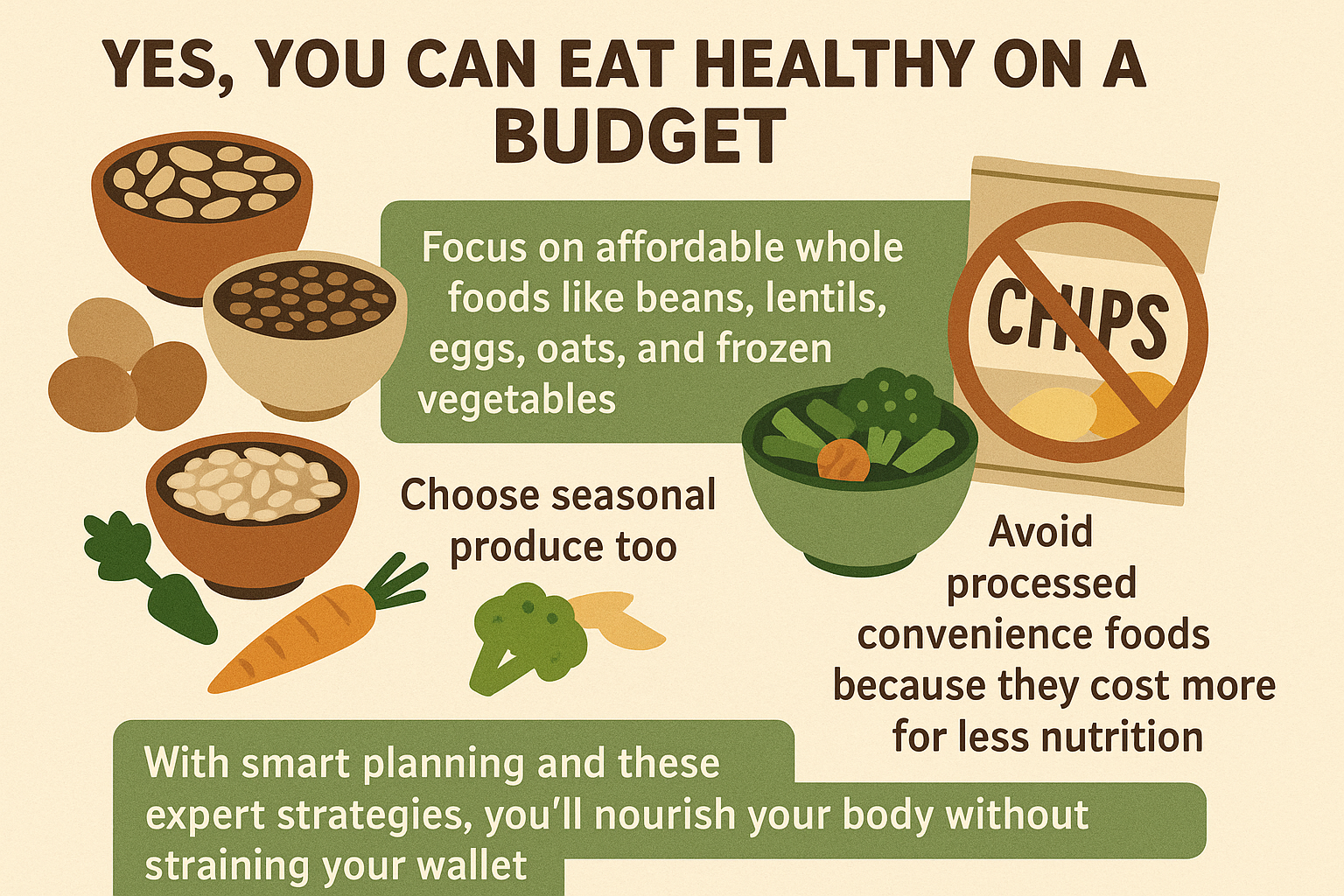What is Kimchi? Origins, Ingredients, Benefits, and How to Enjoy It
Kimchi is a traditional Korean fermented dish made from napa cabbage, radish, garlic, ginger, chili peppers, and salt. It’s often described as tangy, spicy, and full of probiotics that support gut health. Kimchi is one of the most important foods in Korean cuisine and has become a global favorite for its bold flavor and health benefits.
History and Origins of Kimchi
Kimchi has been an integral part of Korean culture for over 2,000 years. Originally, it was created as a way to preserve vegetables during the cold winters. Over time, regional variations developed, with some recipes being mild, while others are fiery and heavily spiced. Today, kimchi is served at almost every Korean meal as a side dish, known as banchan.
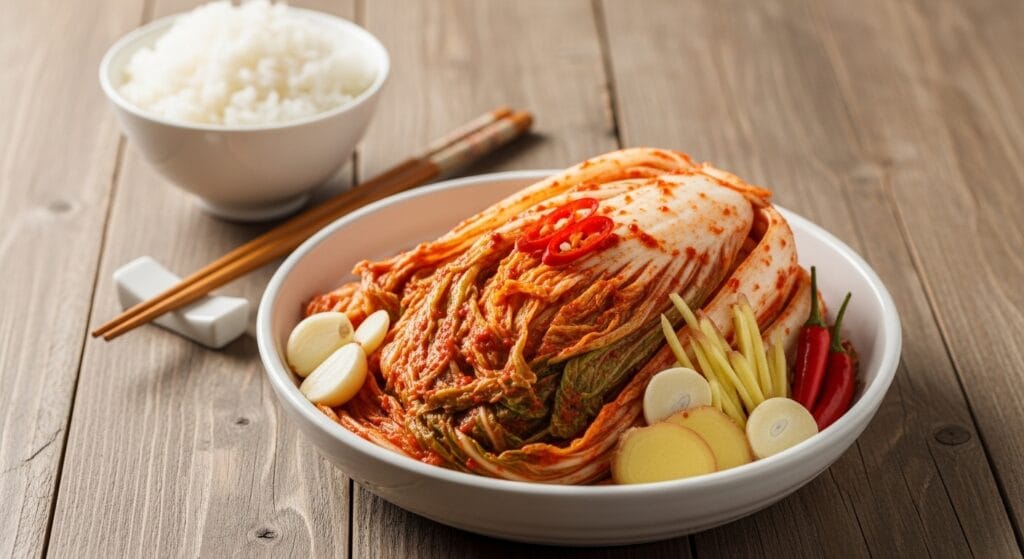
What Are the Ingredients in Kimchi?
The most common type, napa cabbage kimchi, is made with:
- Napa cabbage
- Korean radish
- Garlic and ginger
- Korean chili pepper flakes (gochugaru)
- Fish sauce or salted shrimp (optional, for flavor)
- Salt
There are also vegan kimchi recipes that skip seafood ingredients and use soy sauce or miso for depth.
How is Kimchi Made?
The fermentation process is what makes kimchi unique. Vegetables are salted, seasoned with spices, and left to ferment at room temperature before being stored in the refrigerator. This natural fermentation creates beneficial probiotics, which give kimchi its signature tangy flavor.
Types of Kimchi
There isn’t just one type of kimchi. Some popular varieties include:
- Baechu Kimchi (Napa Cabbage Kimchi) – the classic version
- Kkakdugi (Radish Kimchi) – made with cubed radish
- Baek Kimchi (White Kimchi) – non-spicy, mild, and refreshing
- Oi Sobagi (Cucumber Kimchi) – fresh and crunchy, often eaten in summer
Health Benefits of Kimchi
Kimchi is not only delicious but also rich in nutrients. Some of the main health benefits of kimchi include:
- Supports gut health: Rich in probiotics from natural fermentation.
- Boosts immunity: Contains vitamins A, C, and K, along with antioxidants.
- Aids digestion: The fiber helps with a healthy gut microbiome.
- May reduce inflammation: Kimchi contains bioactive compounds that can help with inflammation.
- Low in calories: A nutrient-dense food that fits into weight management plans.
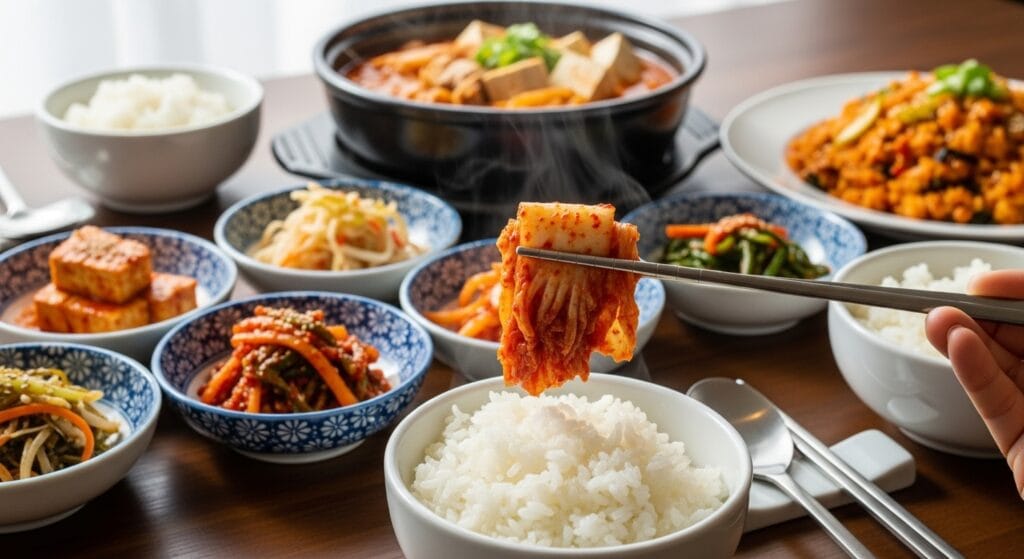
How to Eat Kimchi
Kimchi can be enjoyed in many ways:
- As a side dish with rice and soup
- In stir-fries and fried rice for extra flavor
- Added to soups and stews like kimchi jjigae
- As a topping for burgers, tacos, or sandwiches, for a spicy twist
Key Takeaways: What is Kimchi?
- Kimchi is a traditional Korean fermented dish primarily made from napa cabbage, radish, garlic, ginger, chili pepper, and salt.
- It has been part of Korean cuisine for over 2,000 years and is served as a daily side dish known as banchan.
- There are many varieties, including spicy kimchi, white kimchi, radish kimchi, and cucumber kimchi.
- Health benefits include improved digestion, better gut health, immune support, and anti-inflammatory effects.
- Kimchi can be eaten on its own or added to soups, stews, stir-fries, rice dishes, and even modern fusion foods.
- Both vegan and non-vegetarian versions exist, depending on whether seafood ingredients are used.
Kimchi vs. Other Fermented Foods
While sauerkraut and kimchi both involve fermented cabbage, they are quite different. Sauerkraut is mild, slightly sour, and European in origin, while kimchi is spicier, more complex, and deeply tied to Korean cuisine.
Conclusion: What is Kimchi?
Kimchi is more than just food; it’s a cultural symbol of Korea and a powerhouse of flavor and nutrition. Whether you eat it as a side dish, in soups, or in fusion recipes, kimchi offers both taste and health benefits. If you’ve never tried it, start with a classic Napa cabbage kimchi and explore its bold, tangy flavors.
References about What is Kimchi?
- Harvard T.H. Chan School of Public Health – Kimchi and Probiotics
- National Library of Medicine – Health Benefits of Kimchi
FAQs about What is Kimchi?
Is kimchi healthy?
Yes. Kimchi is rich in probiotics, vitamins, and antioxidants that support gut health and immunity.
Does kimchi taste spicy?
Most kimchi is spicy due to Korean chili flakes, but there are mild versions like white kimchi that are not spicy.
How long does kimchi last?
Properly stored in the refrigerator, kimchi can last several weeks to months. The flavor becomes more sour as it continues to ferment.
What is the difference between kimchi and sauerkraut?
Kimchi is Korean, spicy, and includes garlic, ginger, and chili, while sauerkraut is European, milder, and usually just cabbage and salt.
What exactly is kimchi made of?
Kimchi is made from fermented vegetables, most commonly napa cabbage and Korean radish. It’s seasoned with garlic, ginger, chili pepper flakes (gochugaru), green onions, and salt. Traditional recipes often include fish sauce or salted shrimp for flavor, but there are also vegan versions that skip seafood.
Is kimchi healthy or not?
Yes, kimchi is considered very healthy. It’s low in calories and packed with probiotics, vitamins A, C, and K, and antioxidants. These nutrients support gut health, digestion, and immunity. Like any fermented food, moderation is best since some recipes can be high in sodium.
Is kimchi a veg or nonveg?
Kimchi can be both vegetarian and non-vegetarian, depending on the recipe. Traditional kimchi often uses fish sauce or shrimp paste for flavor, making it non-vegetarian. However, many modern or vegan kimchi recipes are made without animal products, making them fully plant-based.
What is Kimchi?
Kimchi is more than just food; it’s a cultural symbol of Korea and a powerhouse of flavor and nutrition. Whether you eat it as a side dish, in soups, or in fusion recipes, kimchi offers both taste and health benefits. If you’ve never tried it, start with a classic Napa cabbage kimchi and explore its bold, tangy flavors.
Is kimchi a junk food?
No, kimchi is not considered junk food. Unlike processed snacks or fast food, kimchi is a nutrient-dense, fermented dish made from vegetables, spices, and sometimes seafood. It’s low in calories, high in fiber, and provides probiotics that support gut health. The only concern is that some recipes can be high in sodium, so it’s best enjoyed in moderation as part of a balanced diet.

